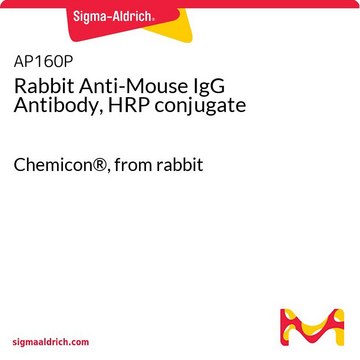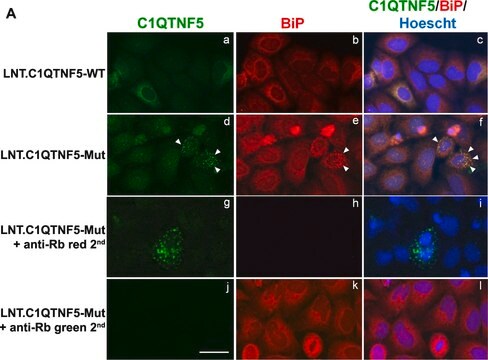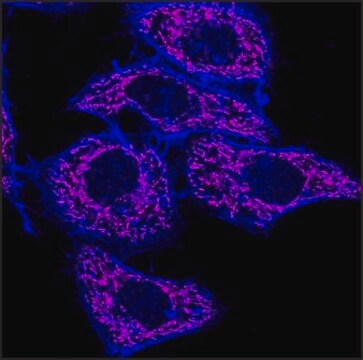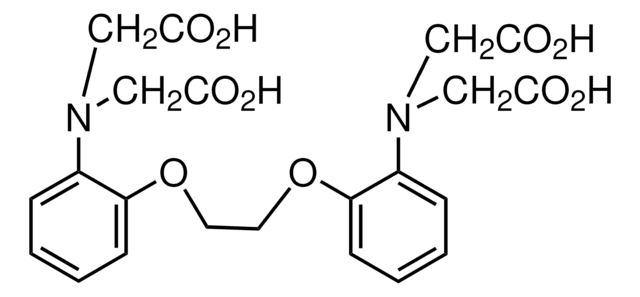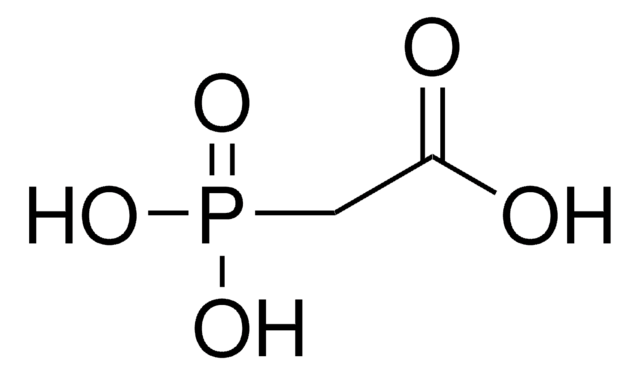G4045
Anti-GRP75 (SQ-15) antibody produced in rabbit
~1 mg/mL, affinity isolated antibody, buffered aqueous solution
Sinonimo/i:
Anti-Glucose Regulated Protein 75, Anti-Mitochondrial Hsp70, Anti-Mortalin, Anti-Peptide Binding Protein 74
About This Item
Prodotti consigliati
Origine biologica
rabbit
Coniugato
unconjugated
Forma dell’anticorpo
affinity isolated antibody
Tipo di anticorpo
primary antibodies
Clone
polyclonal
Forma fisica
buffered aqueous solution
PM
antigen 75 kDa
Reattività contro le specie
mouse, human, canine
Concentrazione
~1 mg/mL
tecniche
indirect immunofluorescence: 1-2 μg/mL using HeLa cells
western blot: 0.2-0.4 μg/mL using whole cell extracts of HeLa, MDCK, and NIH3T3 cells
N° accesso UniProt
Condizioni di spedizione
dry ice
Temperatura di conservazione
−20°C
modifica post-traduzionali bersaglio
unmodified
Informazioni sul gene
mouse ... Hspa9(15526)
rat ... Hspa9(291671)
Descrizione generale
Immunogeno
Applicazioni
- immunofluorescence
- immunoblotting
- immunocytochemistry
Azioni biochim/fisiol
Descrizione del bersaglio
Stato fisico
Esclusione di responsabilità
Non trovi il prodotto giusto?
Prova il nostro Motore di ricerca dei prodotti.
Codice della classe di stoccaggio
10 - Combustible liquids
Classe di pericolosità dell'acqua (WGK)
WGK 3
Punto d’infiammabilità (°F)
Not applicable
Punto d’infiammabilità (°C)
Not applicable
Dispositivi di protezione individuale
Eyeshields, Gloves, multi-purpose combination respirator cartridge (US)
Certificati d'analisi (COA)
Cerca il Certificati d'analisi (COA) digitando il numero di lotto/batch corrispondente. I numeri di lotto o di batch sono stampati sull'etichetta dei prodotti dopo la parola ‘Lotto’ o ‘Batch’.
Possiedi già questo prodotto?
I documenti relativi ai prodotti acquistati recentemente sono disponibili nell’Archivio dei documenti.
Il team dei nostri ricercatori vanta grande esperienza in tutte le aree della ricerca quali Life Science, scienza dei materiali, sintesi chimica, cromatografia, discipline analitiche, ecc..
Contatta l'Assistenza Tecnica.
